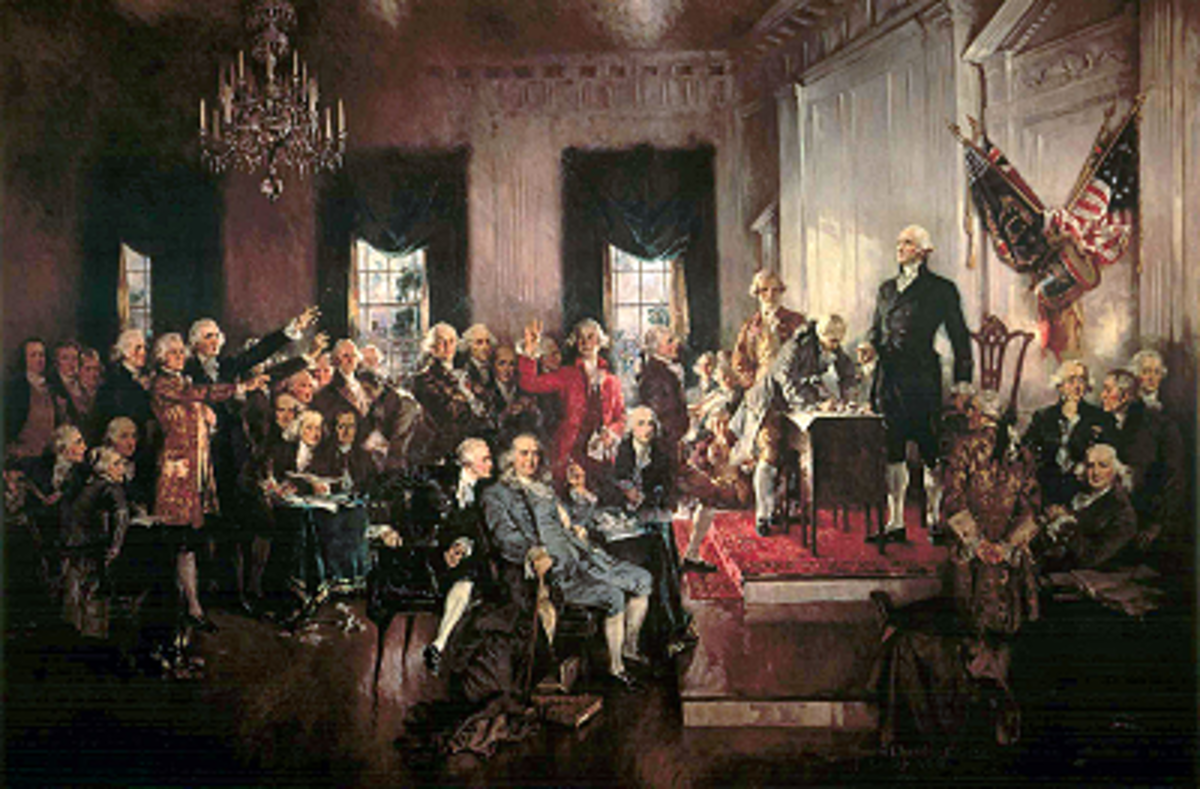The Water Boy
Good Intentions
In the 1980s there was a local authority in England where no party had overall control. Nothing could pass through the Council unless two of the three parties supported it.
The Thatcher Government was aware of high youth unemployment, which it had done so much to create by ending apprenticeships and destroying British Industry.
The Government introduced the Youth Opportunities Programme (YOP) where employers would be subsidised to provide temporary jobs for school leavers. The idea was to give youngsters who had never worked the opportunity to gain experience of a real job. This experience would help them find employment afterwards.
The three party leaders on the Council agreed between them to take 50 youngsters, commonly known as "YOPs".
Delegate the detail!
The politicians had agreed on a nice round number of 50, preened themselves a little, and got back to the infighting. The fine detail of what these 50 kids would do was left to the officers to organise.
The buck gets passed
One Thursday the Council's Energy Efficiency Unit were told that they were to receive a YOP trainee on Monday.
The Energy Efficiency Unit did quite good work on -you guessed it - energy efficiency. Their work was quite complex, and a 16 year old kid would not be capable of helping them.
What were they to do?
Much coffee was used and much time was diverted from their real work as the entire team wrestled with the problem. Eventually, someone came up with an idea.
Some years earlier, the water company introduced water metering. Before that, people paid for water based on the value of their property rather than the amount of water used. A little old lady paid the same as the house full of teenagers next door.
The Council had told the Energy Efficiency Unit to examine whether there were some Council buildings that would be cheaper to meter than to pay water rates on property value. Energy Efficiency came up with a list of properties that were high in property value but probably low on water consumption.
The proposed list were all metered.
Eureka!
"So" said one genius,
"We could set the lad to go out on his bicycle and look at hundreds of Council buildings.Then he could rank them and recommend which buildings should be put on metered water.
It will save the Council lots of money and the lad will be useful.
"And he will not be in our way here!"
"We will send him over to Finance on Monday morning with the list of buildings that were metered. He can see how much we have saved, and it will help him get his eye in for which buildings are likely to be worth putting on metered water.
"Also, we have never done the figures for how much money our department saved the Council on water bills, and that will come in handy at budget setting time."
It starts well
The lad, when he arrived, was quite intelligent. He easily understood the concept of paying by property value, called "water rates" , and paying by water usage called "metering". He was quite happy to take the list of properties over to Finance, and work out how much had been saved. He agreed it would help him to get his eye in and motivate him.
It was a happy briefing. Off he went.
The lad came back on Wednesday.
"I don't understand" he said.
They sat him down. Very slowly they explained about water rates and water metering.
"I understand that" he said.
"But why are you paying both?
Whoops!
"For the last few years you have paid water metering on these 50 buildings and you have still been paying the water rates on the same buildings!
"I do not understand why!"
This was a major whoopsie, even by Council standards.
The Council secured a major refund from the water supplier, of about a third of a million pounds - which in the 1980s was a significant amount of money. The lad was patted on the back, made much of, and got on with his job of cycling round all the Council's buildings.
Now What?
The lad was nearing the end of his 6 months. Quite soon he would be unemployed again.
The young man had saved the Council a huge amount of money. It really was unfair that he should become unemployed again.
The department decided to create a job that only this lad could apply for. It would be a water monitor, with an ongoing role of saving money for the Council by trying to reduce water bills. Previous experience in assessing buildings for water metering was essential, and the salary was too low to attract a graduate. Nice one!.
They put it up through the Council system.
A job that more than saved its own salary (backed by evidence) was very sensible and attractive.
There was no need to tell the politicians the background story. With Council elections coming up the politicians might have got excited. They might have blamed Council Officers for the original foulup.
The elections took place, and the Labour Party swept into power. The first thing Labour did was to freeze all recruitment. This is because Labour wanted to be sure that future spending followed Labour principles and policy rather than the "lowest common denominator" of the previous "hung" Council.
The Labour Chair of Finance reviewed the jobs "in the pipeline". He explained to the energy efficiency unit that the water monitor post was good housekeeping, but it was not politically exciting. If they came back with it next year he would probably agree it. For the moment he was concentrating on politically directed expenditure.
Confession Time
It was clear that unless the officers confessed to the Chair of Finance, and told him the background, this lad was going to be unemployed. Taking a deep breath, the officers told the Chair of Finance the full story.
He nodded.
"So can we advertise the post?"
"No. That would be a waste of money. The lad starts on Monday"
And so it was.
If You Enjoyed This
- Your Disobedient Servant and Waste Away
Review of two important books on cutting waste in government. Real examples of success and the obstacles to success. - The 2010 British General Election
A spoof report on how Britain elected the Green/ Monster Raving Loony Party in 2010 and what this unexpected coalition government did. - Elected Councillor For Paradise
How Charles James increased the Labour vote 80% to take a safe Conservative council seat for Labour. Astonishing and true! - Increased Majority In Paradise
How Charles James improved his Labour vote and his majority in a further 48% increase on top of the 80% increase earlier recorded. How to hold a marginal seat. All true!








